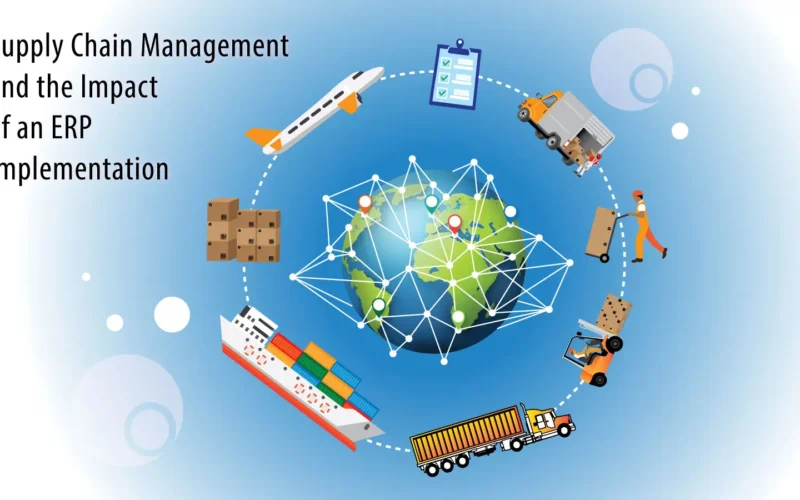Introduction
The integration of Enterprise Resource Planning (ERP) systems in school operations has revolutionized the way educational institutions manage their daily activities. ERP for schools is not just a trend; it’s a strategic tool that streamlines processes, enhances efficiency, and fosters a more effective learning environment.
Understanding School ERP Systems
School ERP systems are comprehensive software platforms designed to manage various administrative and academic functions within educational institutions. These systems integrate different processes into a single unified system, making data management more straightforward and efficient.
Centralization of Data
One of the key benefits of ERP systems in schools is the centralization of data. This feature allows for easy access to information, facilitates better communication, and ensures consistent data management across all departments.
Automation of Administrative Tasks
ERP systems automate routine administrative tasks such as admissions, attendance tracking, fee collection, and scheduling. This automation reduces the administrative burden on staff, allowing them to focus on more critical aspects of school management.
Enhancing Financial Management
School ERP solutions offer robust financial management tools. These include budgeting, expense tracking, and financial reporting, which help in making informed decisions and maintaining financial health.
Streamlining Academic Processes
ERP systems assist in managing academic processes like curriculum planning, grade management, and performance tracking. This streamlined approach improves the educational experience for both teachers and students.
Improved Communication Channels
A significant feature of school ERP systems is the improvement of communication channels. These systems offer platforms for teachers, students, and parents to interact efficiently, enhancing the overall educational experience.
Resource Optimization
By integrating all operations, ERP systems help in optimal resource utilization. This includes better management of human resources, physical assets, and time, leading to a more efficient educational environment.
Data Security and Compliance
School ERP systems provide robust data security features, ensuring the protection of sensitive information. They also help schools comply with various educational regulations and standards.
Challenges in Implementing ERP for School
Implementing an ERP for school can be challenging, requiring adequate training, change management, and financial investment. However, the strategic benefits significantly outweigh these initial challenges.
The Strategic Impact on School Operations
The strategic impact of ERP systems on school operations includes improved decision-making, enhanced operational efficiency, and a more focused approach towards educational excellence.
Conclusion
The introduction of ERP systems in schools has been a game-changer in the way educational institutions operate and manage their daily activities. By offering a centralized, efficient, and secure platform for managing various facets of school operations, ERP systems have not only simplified administrative tasks but have also contributed to a more strategic and focused approach to education management. As schools continue to embrace these systems, the potential for growth and improvement in the educational sector is immense.

